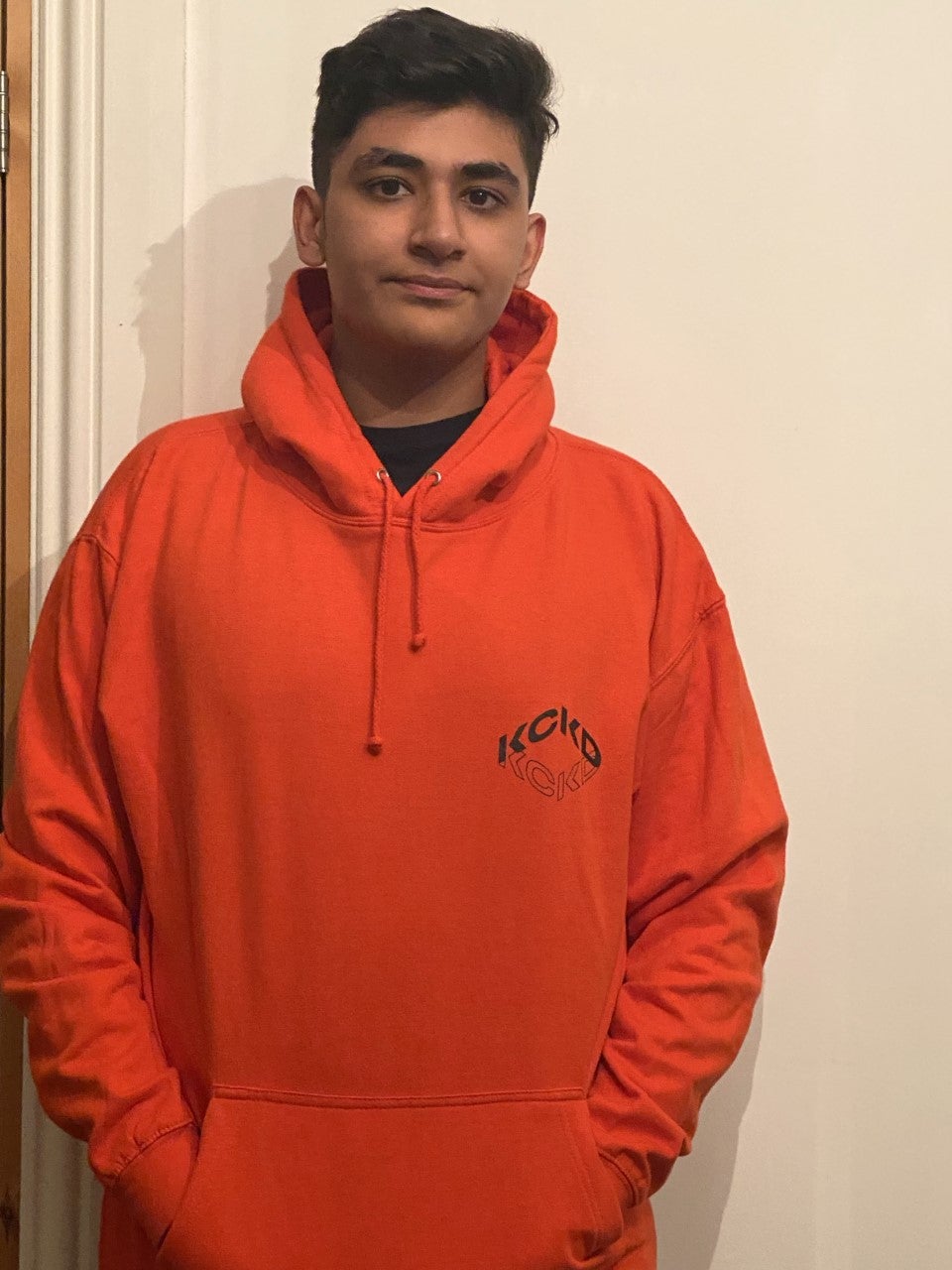I won't sit my GCSEs this summer, but lockdown has finally taught me there's more to education than exams
Among our leaders and throughout society, there are many examples that prove examination results are not a predictor of future success. Perhaps it’s time to stop the stress for good

Your support helps us to tell the story
From reproductive rights to climate change to Big Tech, The Independent is on the ground when the story is developing. Whether it's investigating the financials of Elon Musk's pro-Trump PAC or producing our latest documentary, 'The A Word', which shines a light on the American women fighting for reproductive rights, we know how important it is to parse out the facts from the messaging.
At such a critical moment in US history, we need reporters on the ground. Your donation allows us to keep sending journalists to speak to both sides of the story.
The Independent is trusted by Americans across the entire political spectrum. And unlike many other quality news outlets, we choose not to lock Americans out of our reporting and analysis with paywalls. We believe quality journalism should be available to everyone, paid for by those who can afford it.
Your support makes all the difference.This was supposed to be the most stressful and important time of my life so far. But, like so much since this pandemic, those plans were put on hold. Despite expecting to take my GCSEs from this week and through next month, like all other UK students I've had to sit this one out.
Hearing the words of Gavin Williamson, the education secretary, on 18 March, I knew two things: exams were cancelled, and school was closed. What I wasn’t so sure about was what I’d do with all that time off.
While the news created mixed reactions among staff and students alike (myself included), instead of allowing myself to grow more anxious for my future, I decided to do something constructive: focus on myself and spread positivity. I had been besieged by exams and school for most of my teen years; for once I was going to be the one in charge of my future.
Since accepting the new order of things, I have been volunteering by gardening for my elderly neighbours. It’s the best feeling in the world when you can help others. I have also been feeding my passion for history, taking this time to research and discover facts that I would never have had the time to uncover.
The pandemic has been a blessing in disguise in other ways too. This year, I wasn’t planning on participating in Ramadan due to my exams. Astonishingly, I have been able to fast and participate in the religious customs I wanted to. Having the freedom to connect with my family and God alike feels wonderful.
One of the other rewarding aspects of volunteering during lockdown has been learning to understand mental health better. The stress of exams and academic performance can really take a toll on young people. Through KCKD, a company dedicated to teenage ( and parent) mental health and providing support through uncertainty, I’m in the unique position of helping my peers to deal with those issues, even during lockdown.
Above all else, I have had the time to discover who I am as an individual. I finally understand who and what I want to be in the future. All this tranquillity has steered me in the right direction; I have had a re-think about what I want to study for my A-Levels and, importantly, I’ll be doing subjects that make me happy. I’m beginning to understand what is truly important in life: compassion and equality.
I have had the time to reflect and I have realised that there needs to be more to school than just exams, which tend to be used as tools to assess your social mobility. Exams need to be one of many journeys that students take, not their final destination.
It's well documented that GCSEs cause tangible stress for many teenagers at a formative psychological and biological stage of development.
Based on how GCSEs have been administered this year, the UK has a clear opportunity to consider repurposing GCSEs and holding in-school examinations at 16. This would both save public money and minimise stress in this age group.
A-levels could remain the “national comparative exams” for entry into further education. Entry into apprenticeships and the workplace could rely on school references and the attributes of the student themselves. This approach is consistent with other education systems (Australia and the US). In doing this, the UK need not lose the breadth of subjects taken at 16 that gives our education system the reputation for excellence in teaching it has today.

In reducing stress, we can better equip teenagers to learn effectively beyond an ability to pass tests, some of which have become an exercise in rote-learning. While the purpose of the exams is intended to be beneficial, they have morphed into an artificial form of comparison that we know can never fully represent an individual or their true long-term potential.
We have many examples among our leaders and throughout society that show exams are not a predictor of success. Perhaps it’s time to stop the stress and create a better way.
Our schools are made up of thousands of young people who carry more dreams than the night sky has stars. The emotions, stories, and love we have for each other are far more valuable to me than memorising parts of the curriculum. If you can see through the stress-filled haze this thing called adulthood has created, you’ll know that young people deserve to free themselves of the boundaries that have held them back too.
Qais Hussain is a GCSE student and aspiring writer

Join our commenting forum
Join thought-provoking conversations, follow other Independent readers and see their replies
Comments